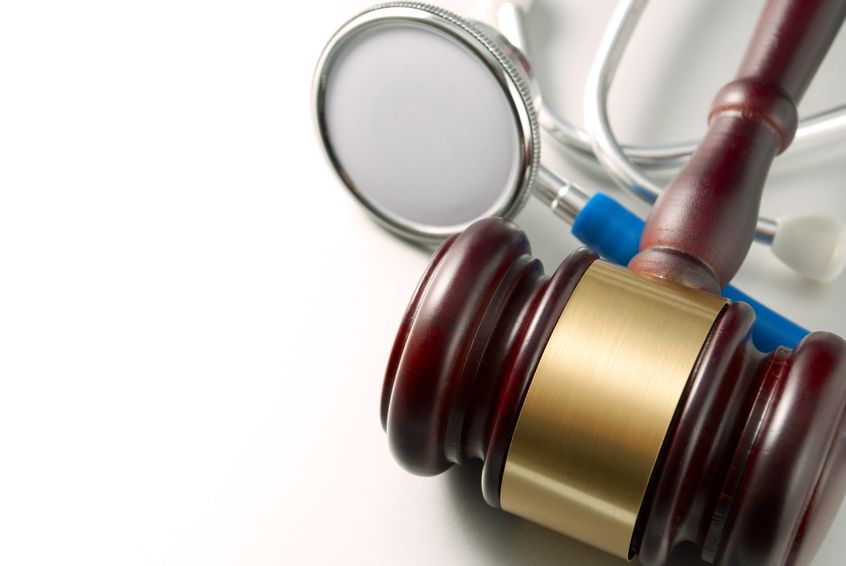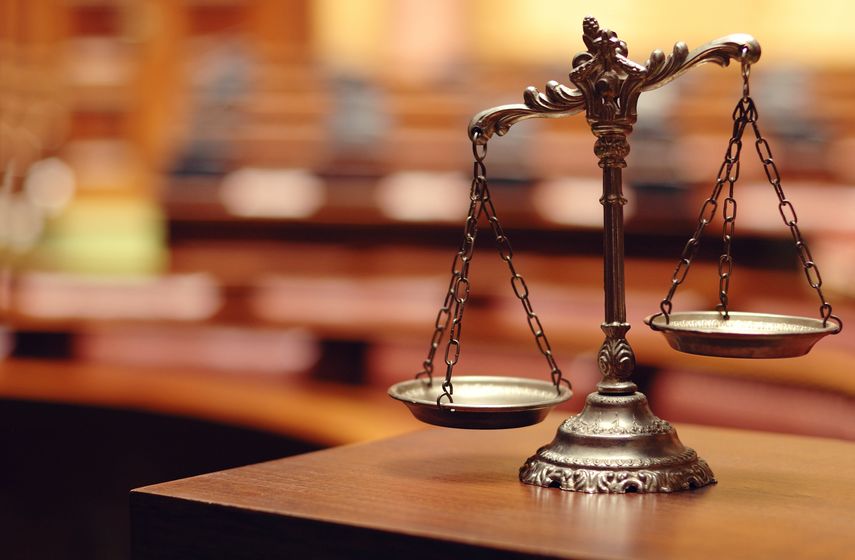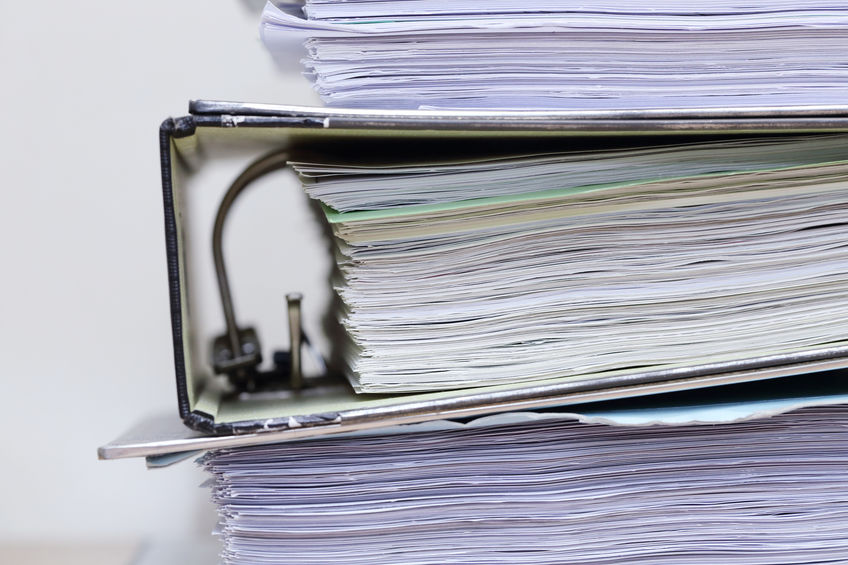
Preparation, preparation, preparation: Giving Evidence as an Expert Witness to the Coroner
4th March 2020
Preparing to attend the inquest
10th March 2020There are a number of templates, outlines and training courses all of which help experts in the preparation of their reports. It is up to individuals how to present their own reports based on one or other of these templates and my view of the rightness or wrongness of these templates is not a matter for this article.
Valuable Advice When Preparing the Report for the Coroner
I would however make some pertinent tips having now completed both a number of such reports and having appeared at inquests.
Create a Timeline
Firstly, it can be useful to construct a timeline for events and the individuals responsible for any interventions if these are known (and if they were they are likely to have provided statements). There may be conflict within the statements of witnesses and these must be noted although it is not for the expert to judge the veracity of any statement as that is a matter for the Coroner or Jury at the inquest.
One may have been given a narrow or broad set of instructions either in the form of a general question regarding the care of the deceased or some very specific questions about specific details following the timeline.
My opinion is that if there are areas of conflicting evidence the expert must clearly document these before giving their opinion and in giving an opinion, again on the balance of probabilities, should overtly state if that opinion changed by the court determining the facts in dispute.
This is more difficult than making the same judgement in a clinical negligence report as some of the evidence may not be adduced at the time. There are also a number of statements that may appear contradictory and again until the inquest the factual content of these may remain as the process is fact finding rather than adversarial where such contradictory evidence may be tested and reduced such that the expert may have a fewer number of factual situations to give an opinion on.
The role of the expert may also be to confirm to the Coroner that even if there were concerns about the care given to the patient that either such care was not a gross failure, or was not of a basic nature or that even if it was the failure would on balance of probabilities not have altered outcome.
Just as in clinical negligence reporting it is important for an expert not to given opinions outside their expertise and this may lead to experts reporting separately on the care provided and the contribution to the death.
Answering questions and reviewing further evidence sent before the inquest
Although instructions may have contained a number of questions that the Coroner asked to be considered by the expert in compiling the report the expert may have suggested that procedures and processes may be available from the interested parties that could explain some of the actions taken by those involved in the care of the deceased.
The Coroner may therefore ask if such documents exist and then if they are provided forward them to the expert before the inquest and this may require the expert to reconsider and amend their conclusions.
Other parties having reviewed the expert report, as they will be able to as the Coroner will provide it to them, my also ask for clarification, obtain other witness statements that they consider relevant to the care provided or the opinions of the expert and, if the Coroner deems them relevant, and only they are the arbiter of that evidence, would again ask the expert to make further comments or if these documents alter their opinion or cause an alternative series of facts, that the court will determine, to be put forward and if that alters the opinion of the expert.
As the date of the inquest approaches like many other legal processes there is a concentration by the parties involved of the issues that may be considered by the court so some of this new information may reach the expert shortly before the inquest and it is vitally important that the expert actively considers such evidence and responds to it, unless directed otherwise, before arriving at the inquest.
Brief CV of the author
Colin Holburn is a Consultant in Emergency Medicine since 1992. He qualified from Edinburgh University in 1981. He is a Fellow of the Royal College of Emergency Medicine and of the Royal College of Surgeons of Edinburgh.
He has been an expert witness since 1992 now mainly undertaking Clinical Negligence and Criminal work as well as providing Expert evidence for inquests. He is instructed both by Claimants and Defendants and by a number of Coroner’s. His interests cover the whole spectrum of Emergency Medicine including the initial management of head and spinal injuries including cauda equina.
Excerpt from an article, originally published in Expert Witness Institute Summer 2018 Newsletter.


